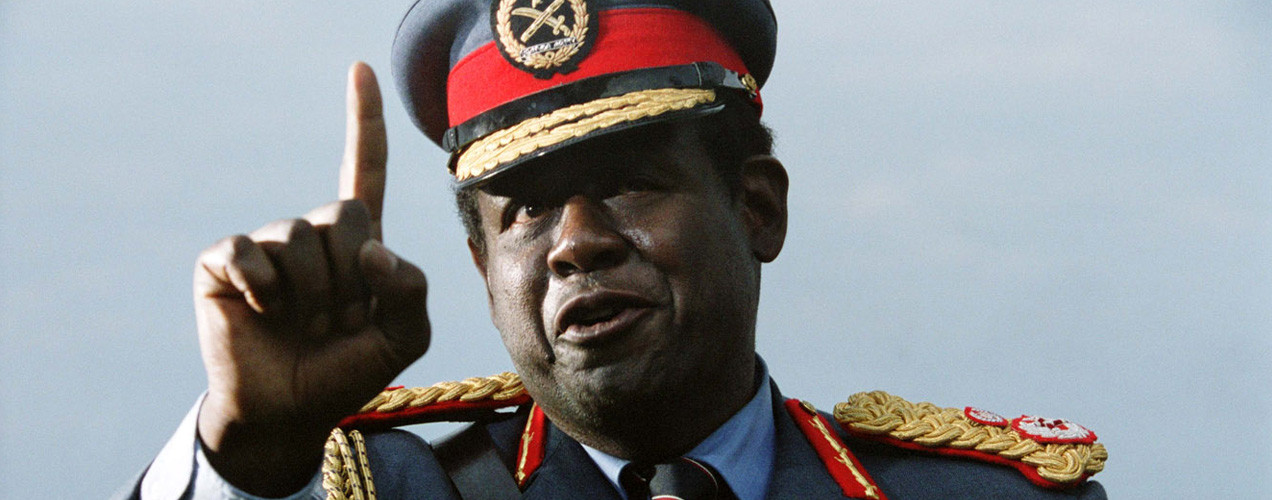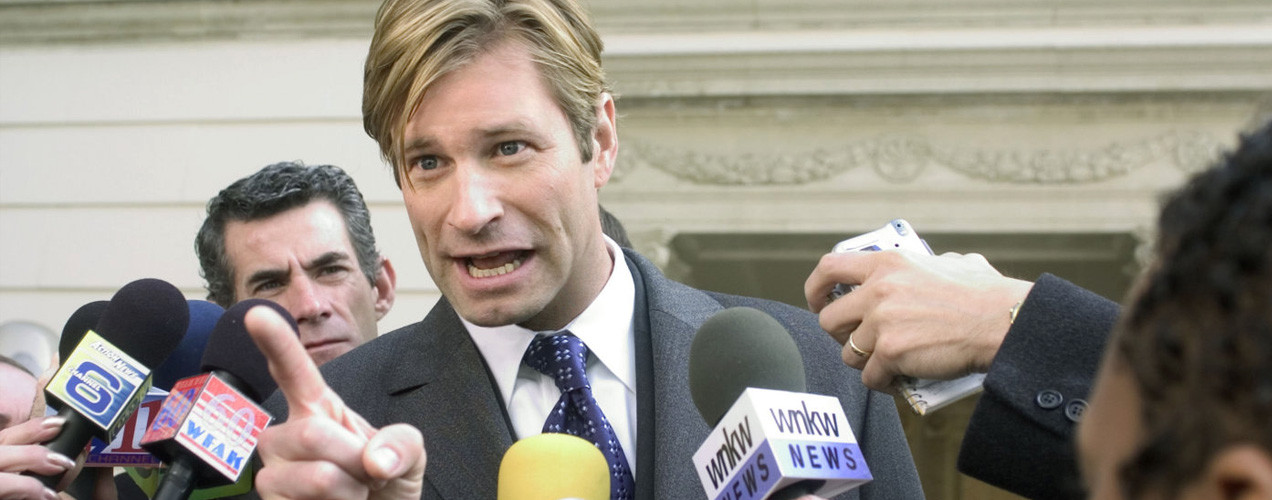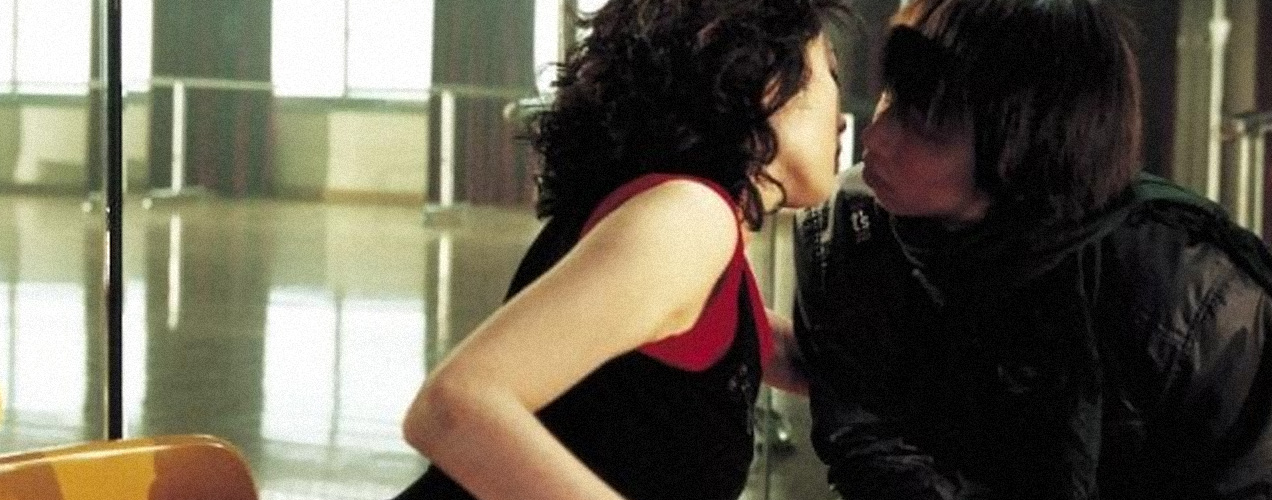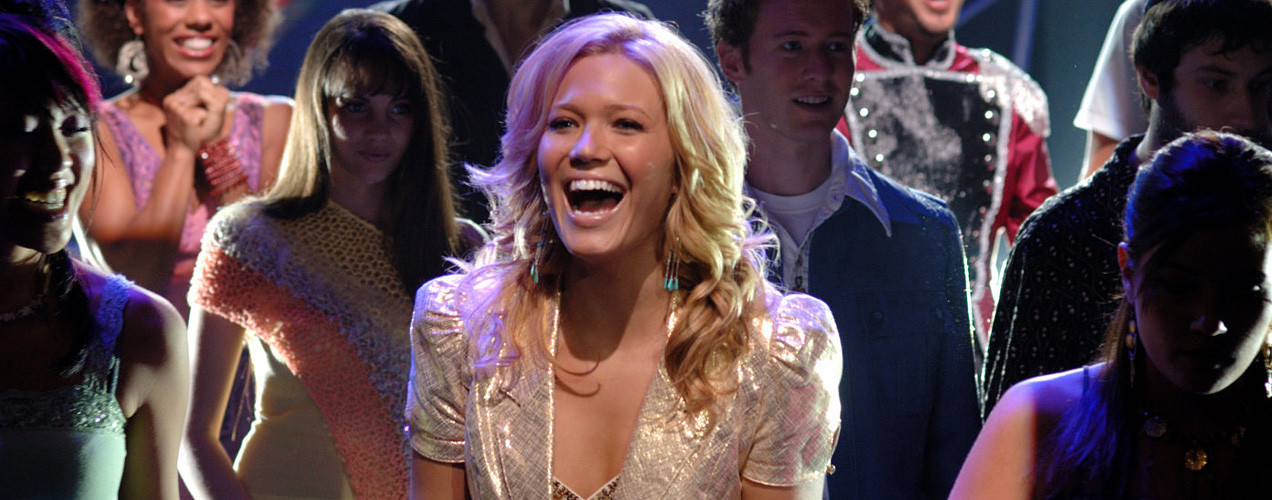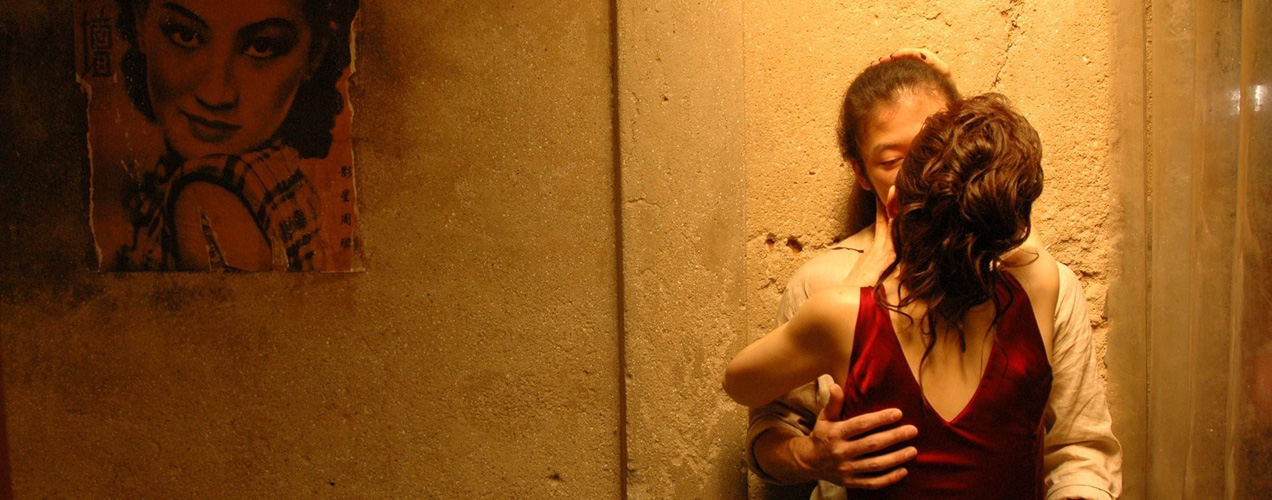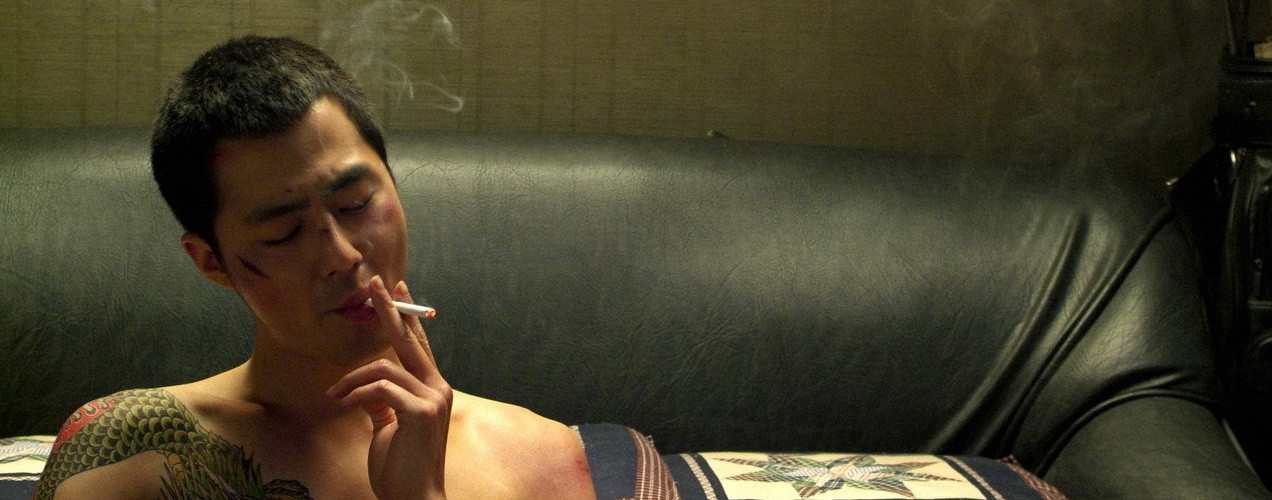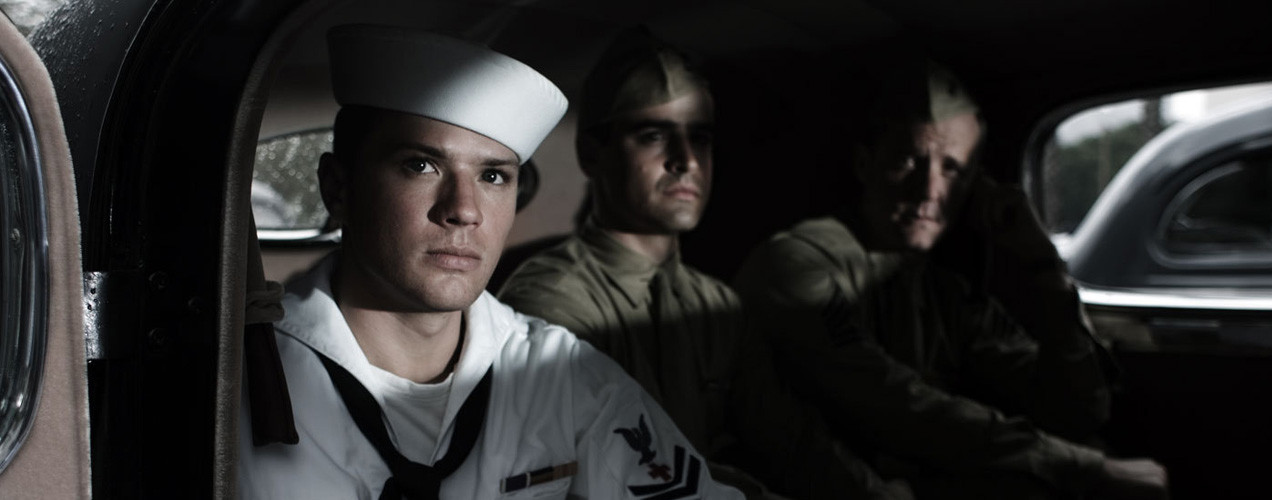2006 / Kevin Macdonald > Let’s get the 800-pound gorilla out of the way: Forest Whitaker is masterful, true and full of credible passion as megalomaniac dictator Idi Amin. And yes, it’s absolutely worthy of an Oscar nomination if not the Best Actor trophy itself. From the twitch in his bloodshot eyes to the insane, instantaneous smile, Whitaker arguably does more for Amin than Hoffman did for Capote. It’s considerably less gimmick-based; we don’t have a lisp or some sort of disability. It’s just simple brilliance.
What Macdonald has done is also quite a wonder, fusing every type of emotion into an incredibly balanced and well-paced two hours. In portraying the Uganda of the 1970s through the eyes of James McAvoy’s young, naive eyes, Macdonald somehow remains objective. In contrast to films such as Terry George’s overly apologist Hotel Rwanda, there is little preaching or glorification. The deep emotional palette of the film is further enhanced by a deeply engrossing story, part truth, part fiction, that breaches genre expectations for a typical political biopic. It’s not hard to find yourself smiling, laughing, shocked or becoming filled with lust for sex and power. It has the essence of a small but necessary epic.

